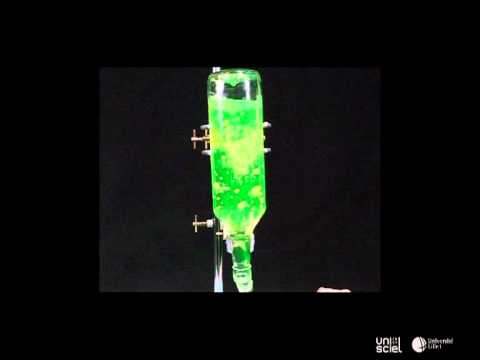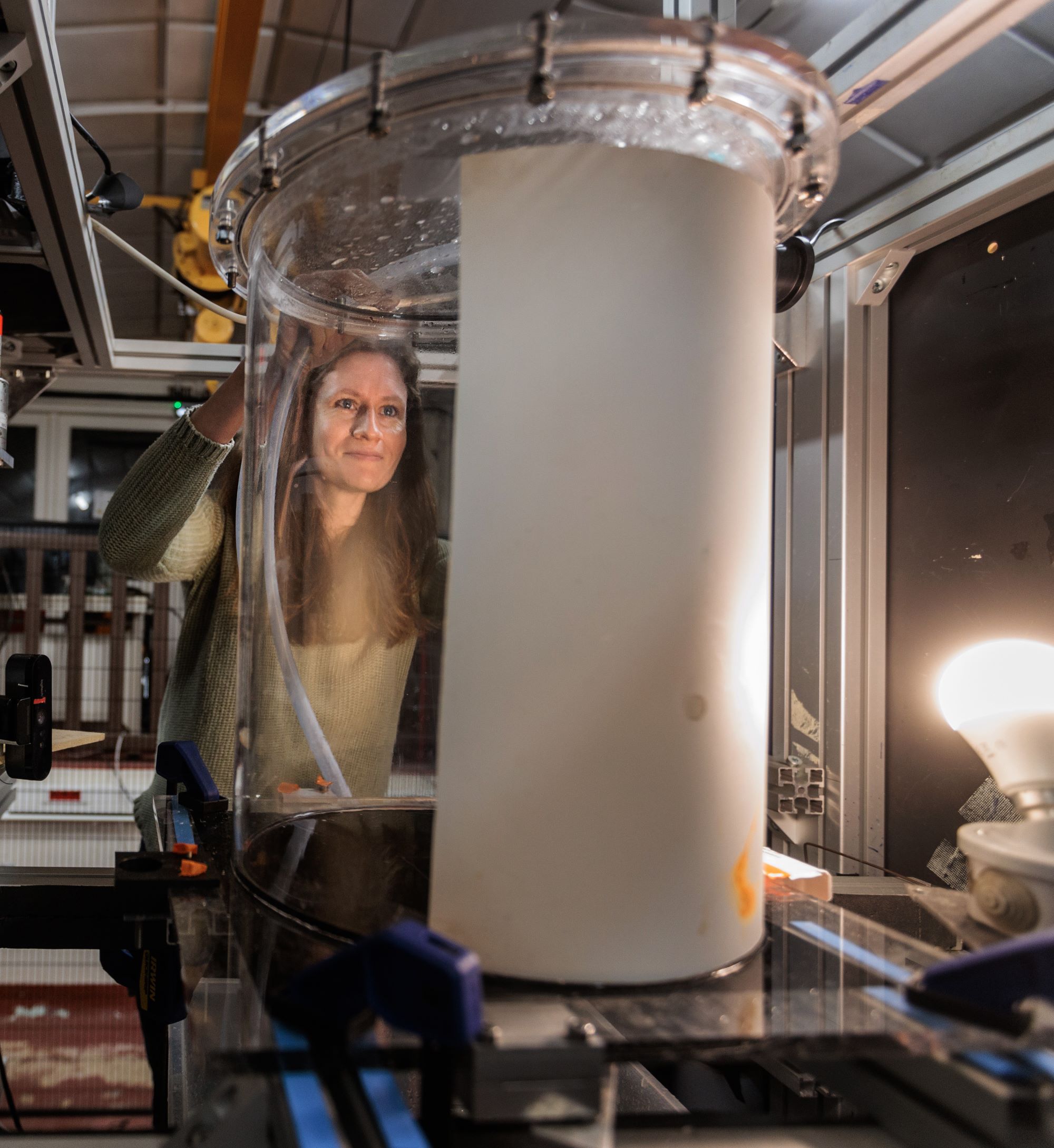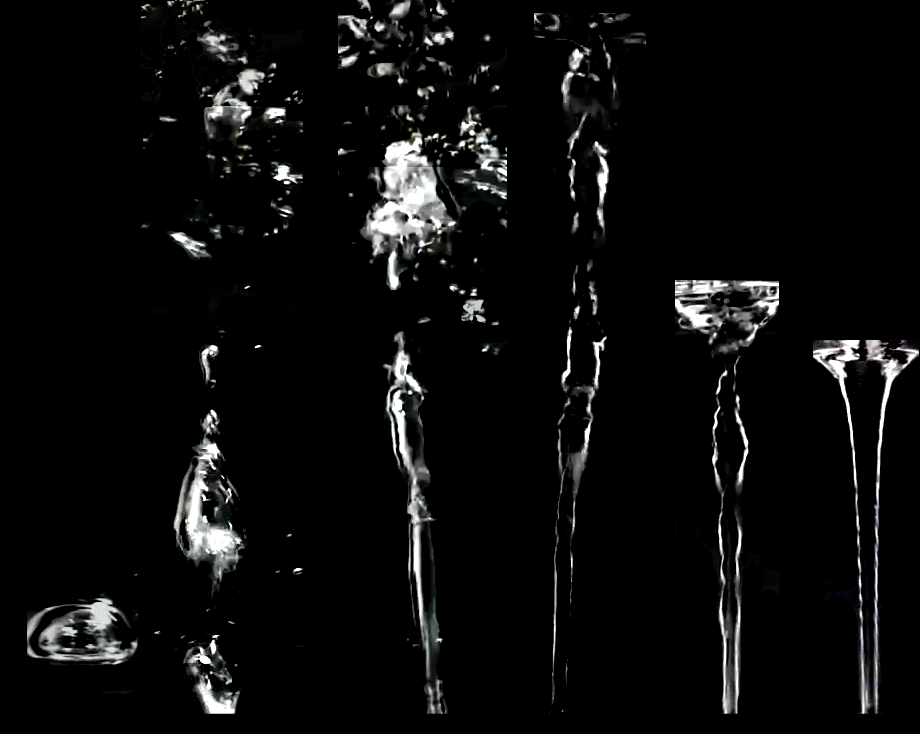It's a fun physics experiment that anyone can perform in their kitchen or bathroom: if you empty a bottle of water by turning it upside down, the water will flow out discontinuously. This is due to the air bubbles that enter through the neck, rise up into the liquid and prevent it from flowing smoothly. But if, in addition to turning the bottle upside down, we impart a rotational movement, this creates a central vortex which the air uses to enter the bottle: water and air, each in its own lane, no longer get in each other's way, and the bottle empties much more rapidly than in the first case.
"This is what we call a drain vortex," explains Aurore Caquas. "The aim of my thesis was to gain a very fundamental understanding of this phenomenon, as it has implications for the operational safety of certain types of so-called fourth-generation nuclear reactors.
These include sodium-cooled fast breeder reactors, which have the advantage of being able to recycle uranium 238 from the enrichment process used in current nuclear reactors.
"The difficulty lies in the fact that an emptying vortex in a coolant reservoir can also suck up some of the gas above it, forming bubbles that can pose safety problems when the coolant passes through the reactor core, or at pump level. The aim of my thesis was to establish the fundamental mechanisms of these phenomena in order to control them."
Among the main findings of this study, carried out on the rotating platform of the ENSTA Paris Mechanical Engineering Department, was that while rotation generally facilitated emptying, this was not always the case:
"There are in fact different flow regimes, including one that we didn't expect to see," explains the researcher, "where the vortex takes the form of an unstable but extremely effective jet of air to empty the bottle. It appears at an optimal rotational speed, but one that must not be exceeded, otherwise the vortex becomes too intense and no longer leaves enough room for the water to flow."
While these issues have been studied with a view to the nuclear reactors of the future, they are of interest to a large number of industrial applications, such as hydroelectric dams or wave energy converters.
References :
« Impact rotation change on the emptying of an ideal bottle of water », Physical Review Fluids 9,064701 4 juin 2024





